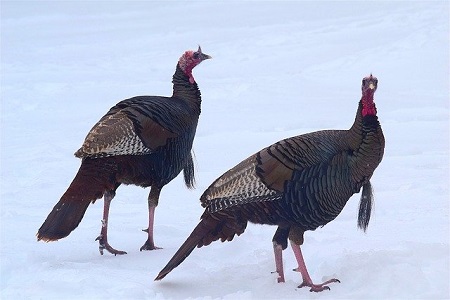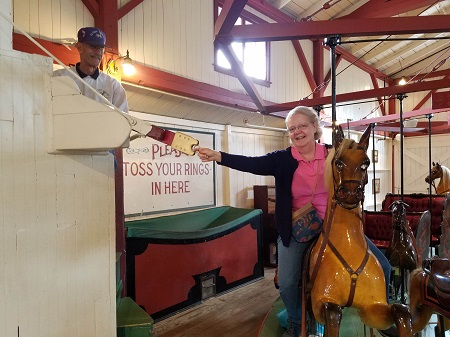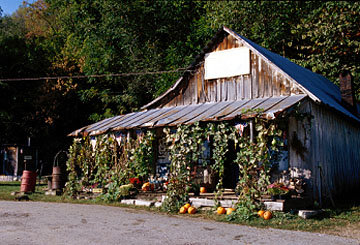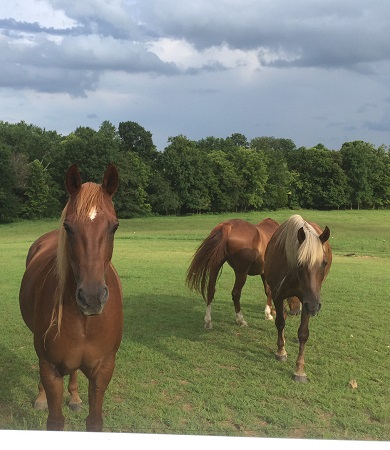Ups and Downs
 We all have our ups and downs.
We all have our ups and downs.
- Good and bad times
- Positive and negative relationships
- Happy and sad days
- Successes and failures
Like a hike up a mountain, our journey through life often feels like an uphill battle. However, once we reach the top, the view takes our breath away.
When we look down, we see how far we have come. A look around reveals the possibilities on every side of us. If we look up, we realize we have hope for future mountains.
We choose whether to focus on the good or the bad.
The choices we make determine how we feel.
When hard times hit, we can dwell on the negatives. Or, on the other side of the coin, we can focus on the positives and hope for the future.
Ups and downs occur in every area of life, including:
- Marriage
- Work
- School
- Parenting
- Social activities
- Health
All our experiences offer opportunities to grow.
Through each one, let’s keep on keeping on. Remember, like a mountain climb, our hardest times often teach the greatest lessons.
“He makes my feet like the feet of a deer; he causes me to stand on the heights” (2 Samuel 22:34 NIV).
Thanks to Laura Lee Leathers for the suggestion.
Do you have an expression you want explained? If so, please comment below.
Subscribe to receive my weekly posts by email and receive a free copy of “Words of Hope for Days that Hurt.”
If you enjoyed this post, please share it with your friends.
 I love to eat cold turkey. However, I hate to quit a habit cold turkey.
I love to eat cold turkey. However, I hate to quit a habit cold turkey. Everyone makes mistakes. Those who act holier than thou rarely admit them.
Everyone makes mistakes. Those who act holier than thou rarely admit them. I watched an old friend bite the dust last week. He had greeted me faithfully every day for years.
I watched an old friend bite the dust last week. He had greeted me faithfully every day for years.  Like the circles inside his trunk, so goes
Like the circles inside his trunk, so goes  My friend Ann learned to grab the brass ring while at the
My friend Ann learned to grab the brass ring while at the  Penn’s Store
Penn’s Store I don’t like to play golf. When family or friends invite me, I play a half-hearted game. I prefer to
I don’t like to play golf. When family or friends invite me, I play a half-hearted game. I prefer to  More than one way to skin a cat sounds cruel. We don’t want our cute, fur-covered pets to suffer.
More than one way to skin a cat sounds cruel. We don’t want our cute, fur-covered pets to suffer. Congratulations to Stephen Russell, whose name was drawn from my mailing list for a free copy of Adventures in Fatherhood by Carlton Hughes and Holland Webb.
Congratulations to Stephen Russell, whose name was drawn from my mailing list for a free copy of Adventures in Fatherhood by Carlton Hughes and Holland Webb. A preschool relative visited our family years ago. She used my mother’s perfume without permission. When Mom asked what she had done, Kim beat around the bush. Over and over she responded, “I’m just tired.”
A preschool relative visited our family years ago. She used my mother’s perfume without permission. When Mom asked what she had done, Kim beat around the bush. Over and over she responded, “I’m just tired.” Many people wonder if anyone hears what they say. Their words seem to go in one ear and out the other.
Many people wonder if anyone hears what they say. Their words seem to go in one ear and out the other.